Frederica Freyberg:
Governor-elect Tony Evers, and his running mate, Mandela Barnes, are in a busy transition time on their way to Inauguration Day, January 7. The Democrats enter a State Capitol won by Republican majorities in the Assembly and Senate. Nonetheless devoted to the priorities made on the campaign trail. Governor-elect Evers joins us now to talk about those priorities. Thanks very much for being here.
Tony Evers:
Thanks. Good to be back.
Frederica Freyberg:
You haven’t been on our set since the election, so congratulations.
Tony Evers:
Thank very much. Appreciate that.
Frederica Freyberg:
What is happening with your transition to the office right now?
Tony Evers:
We’re spending a lot of time, lots of important positions to fill. We’re dead set making sure that we are going to have a diverse cabinet and people that are working with us to create a new government. And it just takes time. We have a lot of people interested in positions, and we’re reaching out to different people. And then, of course, preparing for the budget, all at the same time. The transition is extraordinarily complex time. They say it’s like drinking out of a fire hose. I’ve never done that so I can’t say that it is exactly the same, but it’s an exciting time. We’ve having lots of good–got lots of good support.
Frederica Freyberg:
What is your first order of policy business once you’re sworn in?
Tony Evers:
Well, certainly getting ready for the budget. But as I said on the campaign trail, I would love to be able to work together with the Republican majority to make sure that we accomplish something in a bipartisan fashion. And clearly transportation is one area that I think is a possibility, just because of watching it unfold over the last couple years. Republicans and Democrats together want good roads and want good infrastructure. And so hopefully we can begin some discussions even prior to inauguration and maybe reach some conclusions before.
Frederica Freyberg:
The Walker Administration came out with its revenue projections for the next biennium saying new agency spending requests are a billion dollars over the expected revenue growth. Where would you hold the line and where would you prioritize?
Tony Evers:
Certainly, we’ve always been in this position. Agency requests always exceed what the revenue projections are. There’s nothing new there. Budget’s always been around priorities. But I will say the issues that I talked about on the campaign, whether it’s education, health care, making sure we have a good transportation system, those will continue to be priorities for me going forward in this budget.
Frederica Freyberg:
You talk about compromise, but do you expect to be able to get your budget priorities through given the Republican Legislature?
Tony Evers:
Well, certainly I’ve reached out to various leaders and we’ve had–I’ve had discussions with some. And I’ll continue to do that. And, you know, they’re going to be–they’re not going to fold under the new administration coming in. I hope to reach good compromises, if necessary. But they will continue to advocate for what they think is important and I’ll do the same. It’s a governor’s budget, so my budget will be robust and it will focus on our priorities.
Frederica Freyberg:
And again, where do you think the compromise might come on budget matters?
Tony Evers:
Well certainly–I’m hopeful in all areas, to be honest with you. So, I — but I do — this budget is going to be reflective of what I talked about on the campaign. So therefore there may be disagreements. But we will always look for common ground where we can reach it. As I mentioned before, I think transportation is one area that there is some possibilities because under the present administration, there seem to be Republicans in the Legislature, seem to be in a different place than the governor was. And I believe there’s some opportunities there going forward.
Frederica Freyberg:
Now, Scott Walker in his first public appearance said, “We will not retreat,” meaning that the Republicans will not go backwards on changes made during his tenure. What’s your response to that kind of language?
Tony Evers:
Well, it’s — you know, he’s still governor. He can make whatever statements he wants. My goal as the next governor is to reach agreement on as many things as possible, common ground. I believe there are some issues that, frankly, do need address, that Governor Walker could not address or did not address in his eight years as governor. We have to make sure that we have a robust transportation system. We need to have a good education system. And that includes resources. And so we’ll advocate for what we think is important and what the people of Wisconsin voted for, frankly.
Frederica Freyberg:
Meanwhile, Speaker Robin Vos is talking about kind of trying to get rid of some of the powers of the executive now that Scott Walker will not be that executive, including things like codifying administrative code on voter ID and on giving the majority Legislature more appointments to the Wisconsin Economic Development Corporation. You came out pretty strong on that. Are you still?
Tony Evers:
On the Wisconsin Economic Development Corporation?
Frederica Freyberg:
The idea of stripping you of some of your authority.
Tony Evers:
Yeah, it just seems–I think there are important things to do in this transition time. I’m not sure that a Republican Legislature or the governor want to have a legacy left for them that indicates that they’re going against the will of the people. But, again, we haven’t seen what the proposals are going to be so it’s hard to comment on those, but just the optics of that I think, is not particularly helpful going forward. I don’t view it as, you know, we’re drawing a line in the sand against the next governor or anything. But I just–I think–I’m hopeful people want to think about what their legacy is going to be going forward as they wrap up this special session.
Frederica Freyberg:
Do you expect to disband the Economic Development board even as Speaker Vos seeks to beef up his appointments to it?
Tony Evers:
Well I’ve always been concerned about the board because of its lack of accountability. It’s not a state agency per se. I think it should be a state agency. I think there’s more accountability there. In the campaign I made the pledge to change that. And at some point I will. We’re right now working with business leaders and others across the state to kind of weigh what that would look like if it was changed. So, yes, I still believe that it should be a state agency. Whether that’s part of my budget or as a subsequent piece of legislation. We’re trying to work through that right now. And finding out what the business community actually wants from that agency. But what we do want as governor is making sure that economic development in the state should be a 72-county event, not just, you know, pitting one part of the state against another part of the state. And that, regardless of what agencies exist, that is going to be part of my economic development policy.
Frederica Freyberg:
On Foxconn there’s reporting today that says it has to cut $3 billion in corporate expenses next year because they expect it to be a very difficult year. Does this news concern you?
Tony Evers:
Certainly, the Foxconn piece has been concerning to me right from the get-go. First of all, I think it was a bad deal, as I said during the campaign. Lots of money put into it. And what Foxconn is going to be seems to be morphing over time. It’s going to be this and then it’s that. We can work through that. And I have begun conversations actually with people that are–that represent Foxconn just to make sure that I know as governor coming in what exactly their plans are.
Frederica Freyberg:
And have those plans changed, have you learned, through these discussions? I mean, is there reason for concern on your part, more concern?
Tony Evers:
Not more concern, no. I believe that what their ultimate goals are pretty much the same. My goal right now is to establish relationships with them so that I can be the best governor possible and they can be the best corporate citizen possible.
Frederica Freyberg:
This state, as you know, is used to division. How do you build trust and unity, especially when the Legislature is the other party?
Tony Evers:
Yeah, that’s me. I am what I am and I’ve always tried to find common ground. I was in a nonpartisan office. Even though there was partisan bickering around what we did and the Legislature and the governor did, I’m an educator at heart and an educator tries to find common ground and bring people to a reasonable conclusion. So that’s me. That’s why people voted for me for governor.
Frederica Freyberg:
What are some of the good changes that Republicans have made over the past eight years?
Tony Evers:
That’s a great question. I’d say there have been things that, frankly, Governor Walker and I and the Republican Legislature have embraced and has worked well. In the grand scheme of things, it may seem small, but the issue of dual enrollment, when young people can get high school credit, college credit simultaneously. That’s been — it’s good for kids, but the most important thing, it begins to make seamless those transitions between high school and postsecondary. I think that’s going to pay off long-term. It’s a different mindset. I think our work together on that was extraordinary.
Frederica Freyberg:
One of the things that Scott Walker never did was pardon people. Do you expect to pardon people?
Tony Evers:
Yes, we’ll bring back that pardon board. If people can make a good case to the board that they should be pardoned, then we should give them that opportunity.
Frederica Freyberg:
How will people describe your term in office in four years?
Tony Evers:
Well, here’s what I believe they will say, that they will re-elect me, for starters, but most importantly, after four years I’m hopeful that we have made some serious and substantive changes around education, health care, transportation, but it has been accomplished by bringing people together, kind of mitigating the political in-fighting that always happens. I know that people listening might say, “Oh, my gosh, how can that happen? We’re in such a polarized society.” People in Wisconsin want bipartisan solutions to problems. That’s why I ran for governor and that’s what we’re going to accomplish. So I believe at the end of the day, people will say, “Yes, Republicans and Democrats can actually do something to improve our lives and that happened over the last four years.”
Frederica Freyberg:
All right. Governor-elect Tony Evers, thanks very much.
Tony Evers:
Thank you.
Search Episodes
News Stories from PBS Wisconsin
09/10/25
Federal funding to programs to support students with deafblindness cut in Wisconsin and other states
09/09/25
Worker’s compensation payments to the severely injured in Wisconsin haven’t increased since 2016
09/08/25
Wisconsin legislative feud erupts in public with lawmaker accused of threatening fellow legislators

Donate to sign up. Activate and sign in to Passport. It's that easy to help PBS Wisconsin serve your community through media that educates, inspires, and entertains.
Make your membership gift today
Only for new users: Activate Passport using your code or email address
Already a member?
Look up my account
Need some help? Go to FAQ or visit PBS Passport Help
Need help accessing PBS Wisconsin anywhere?

Online Access | Platform & Device Access | Cable or Satellite Access | Over-The-Air Access
Visit Access Guide
Need help accessing PBS Wisconsin anywhere?

Visit Our
Live TV Access Guide
Online AccessPlatform & Device Access
Cable or Satellite Access
Over-The-Air Access
Visit Access Guide
 Passport
Passport
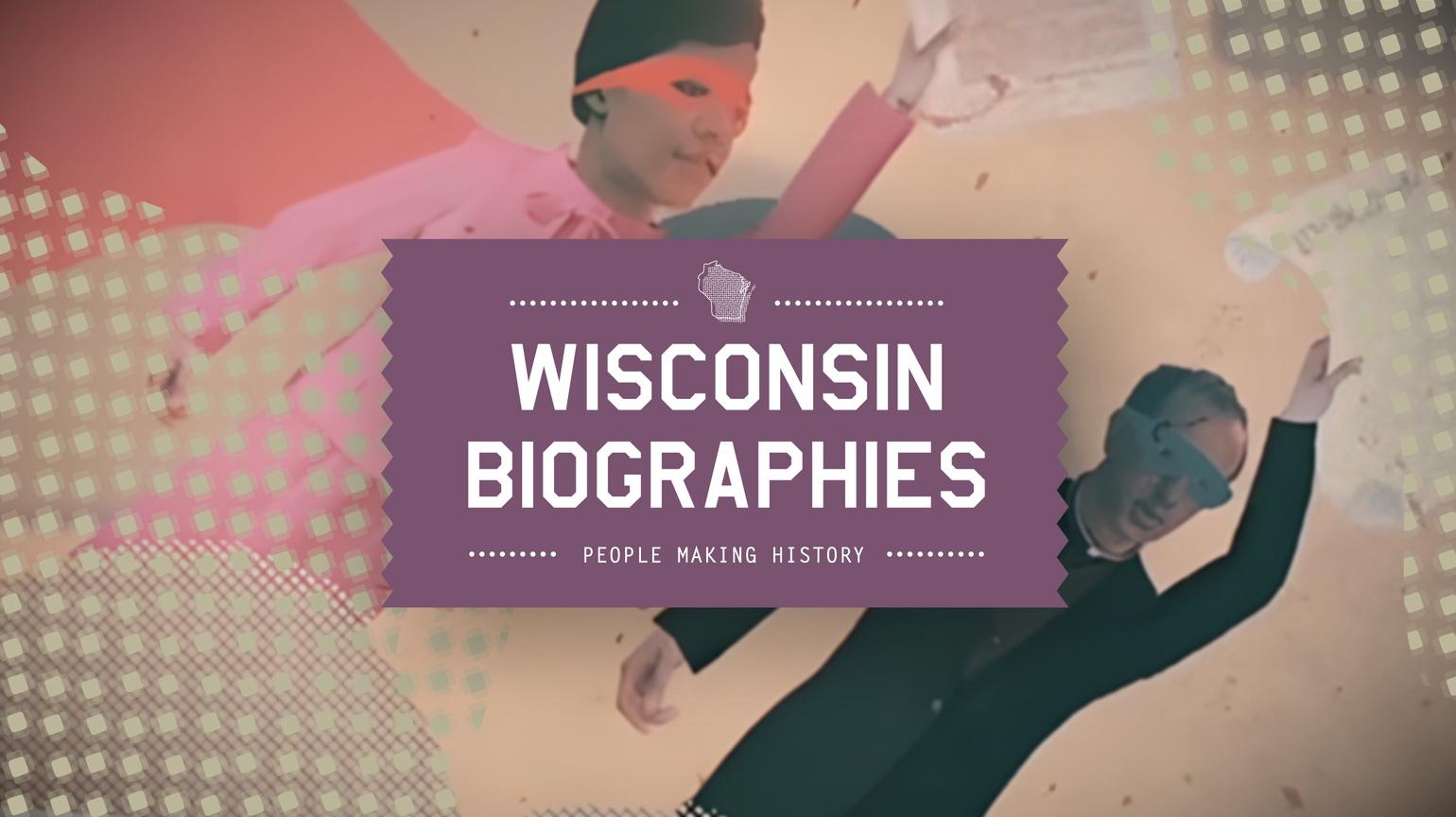


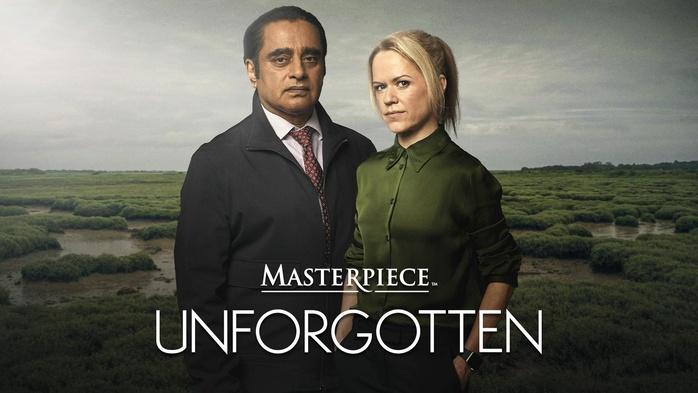

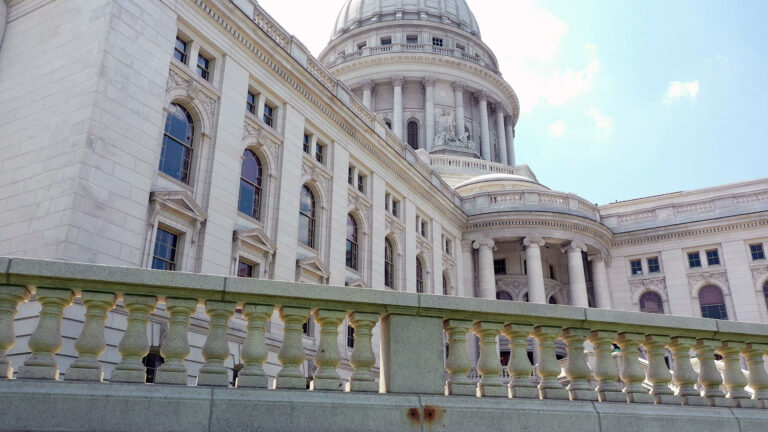
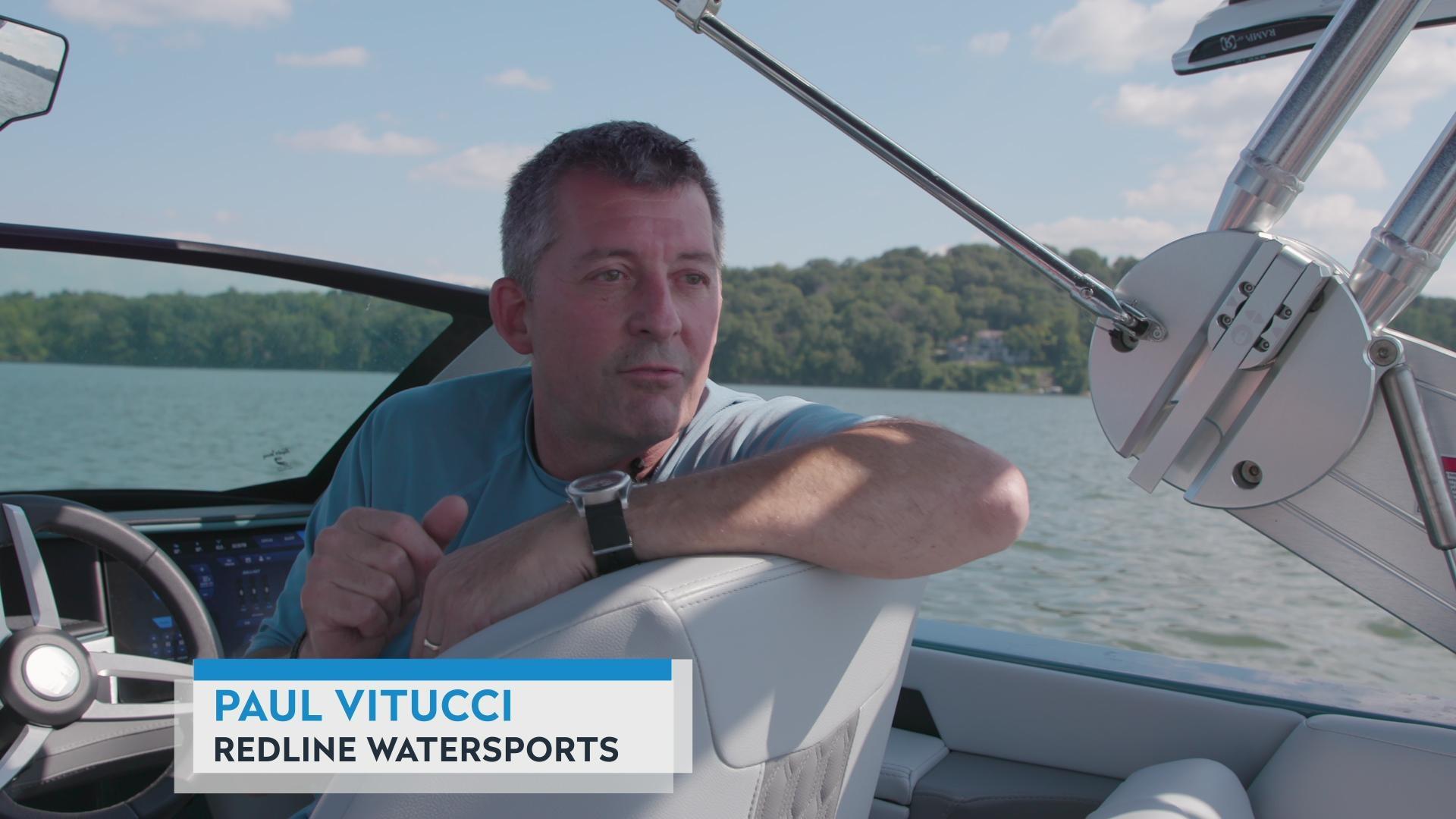
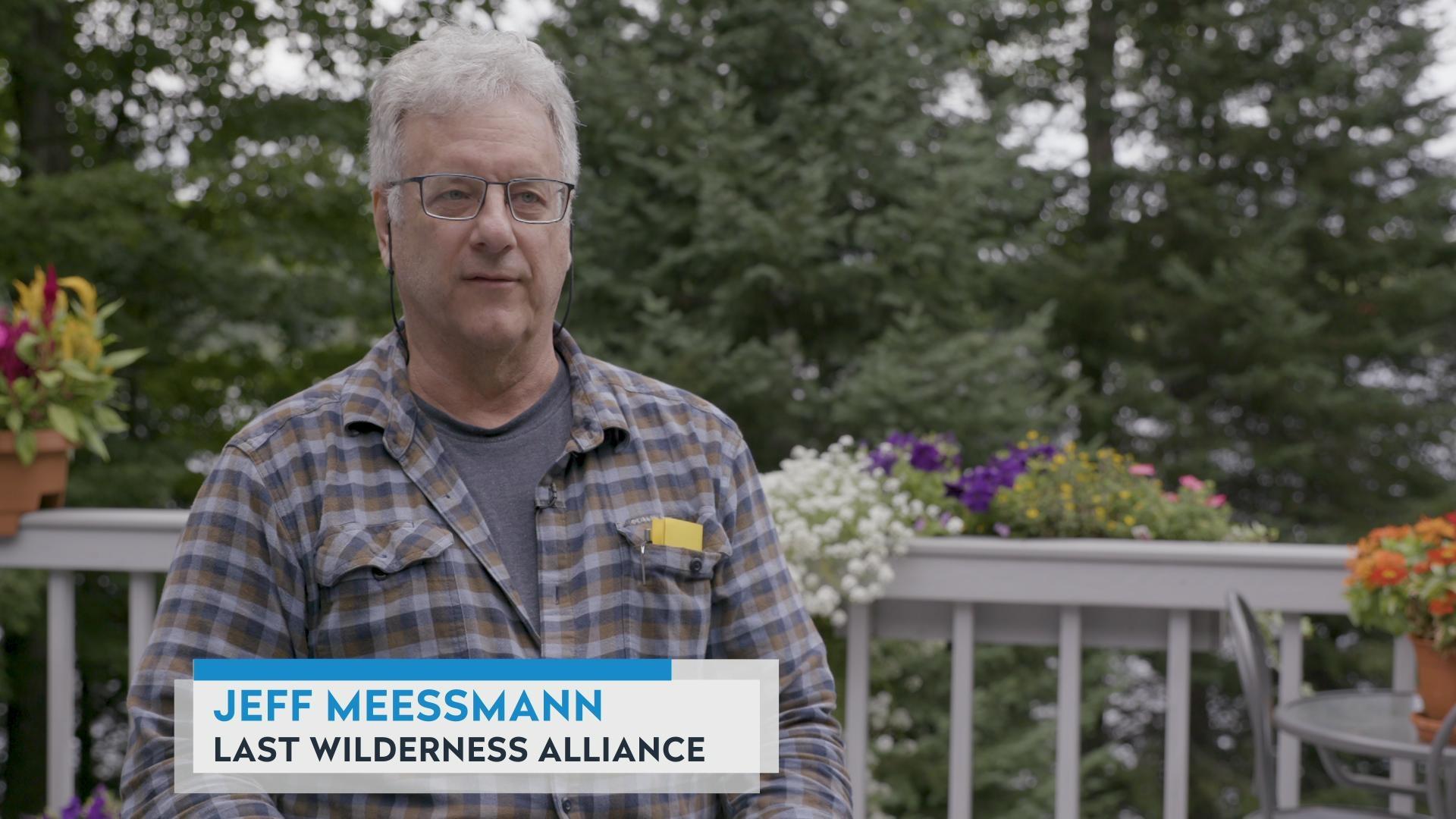
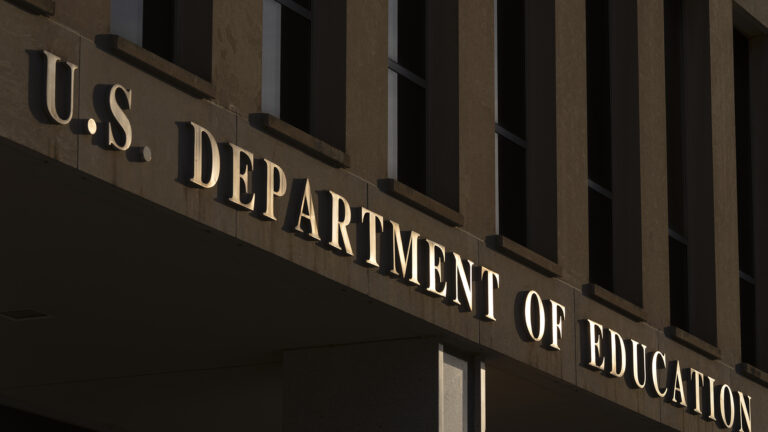
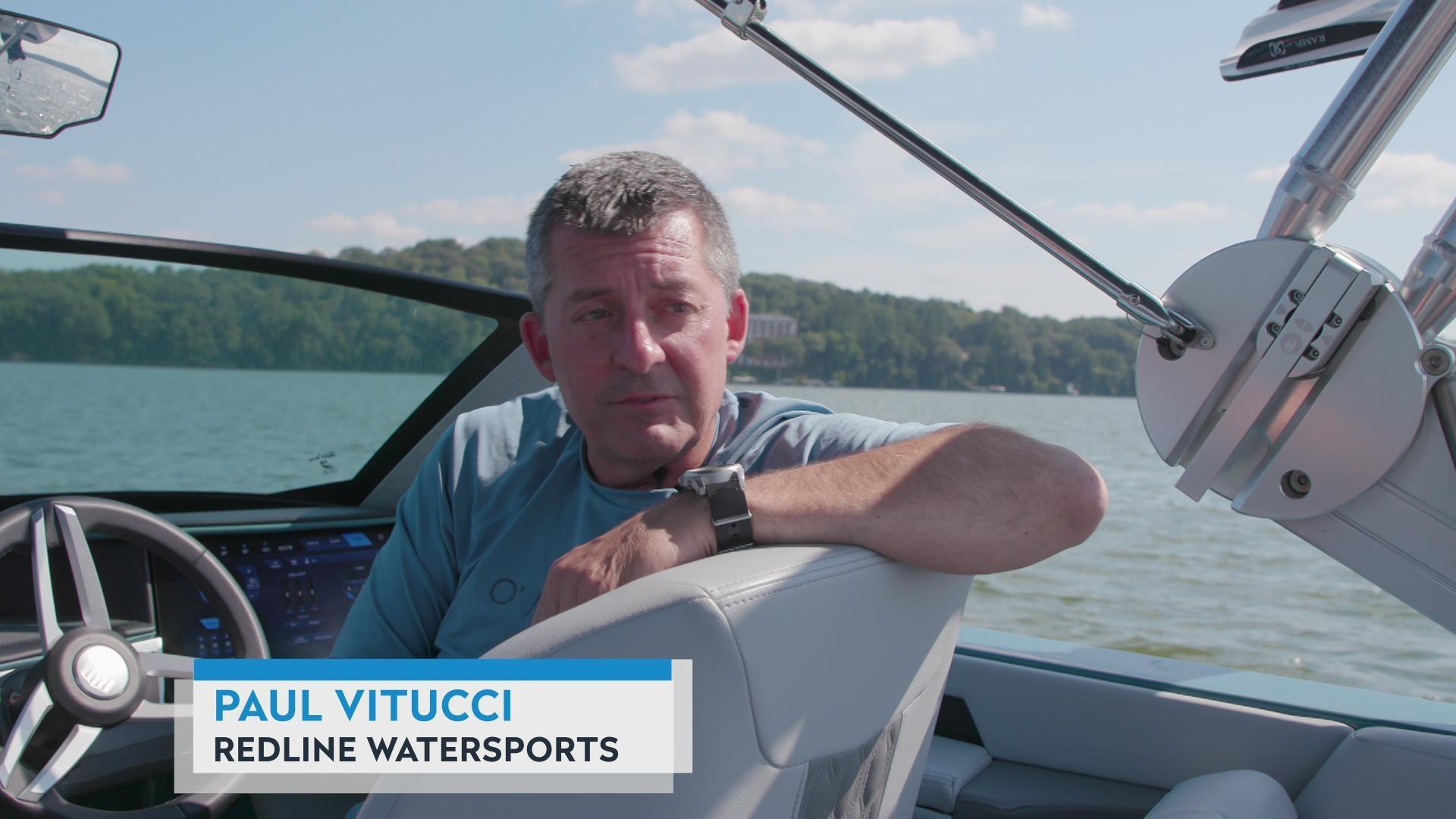
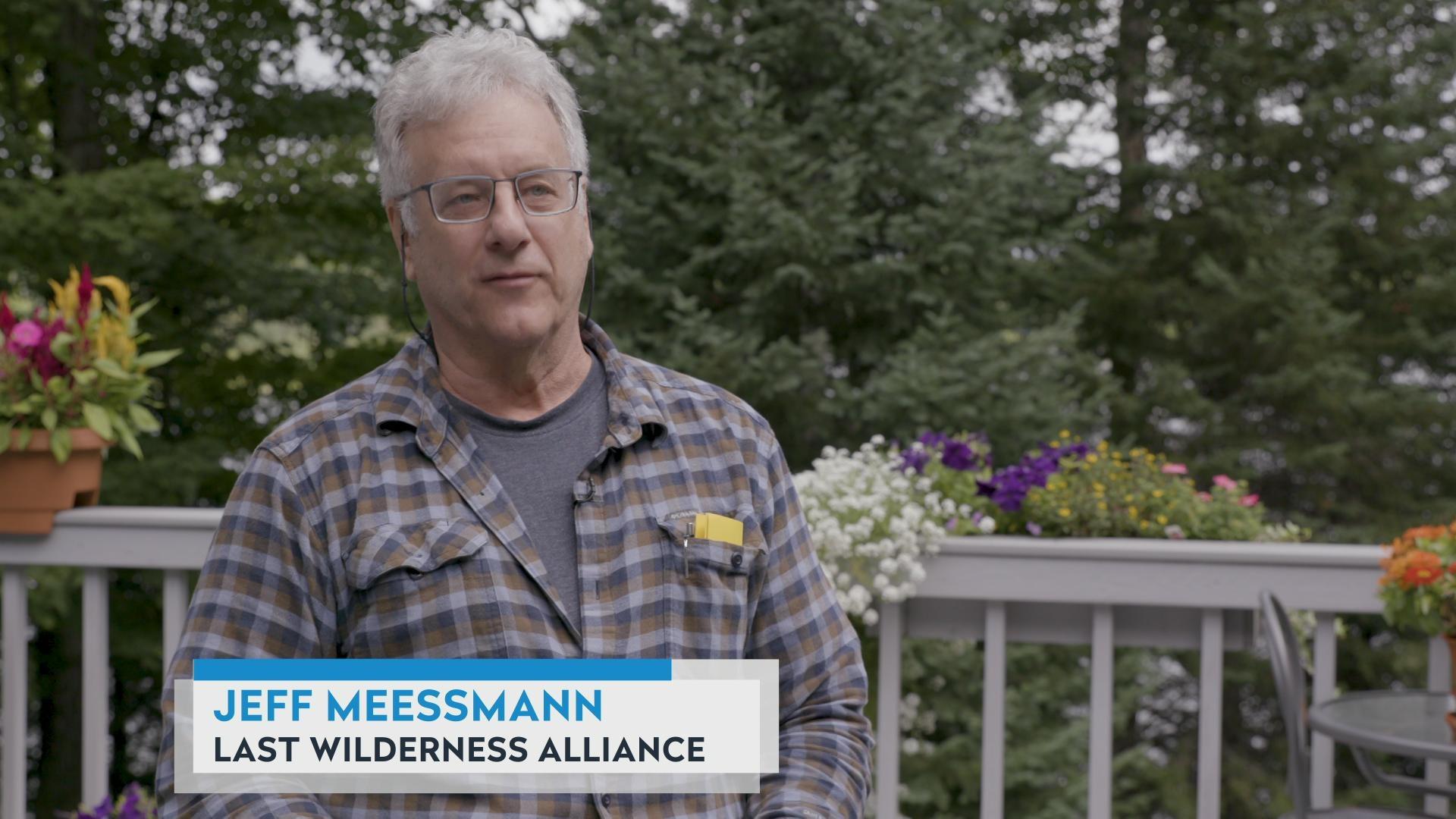

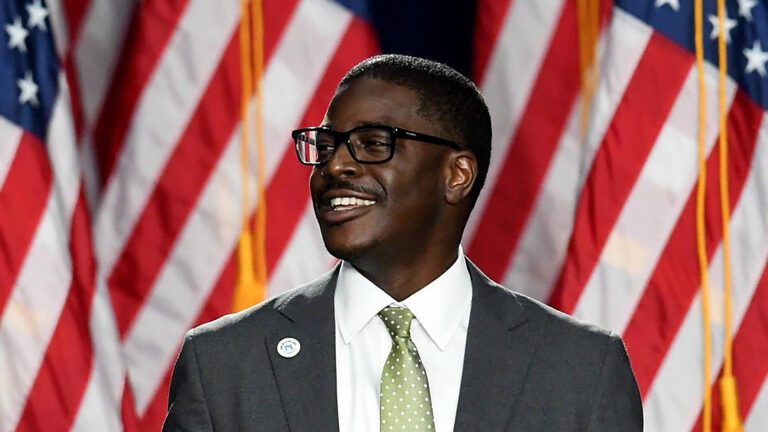

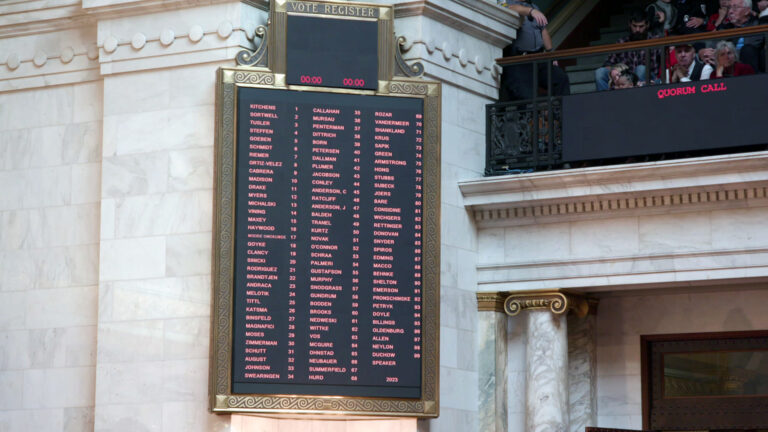
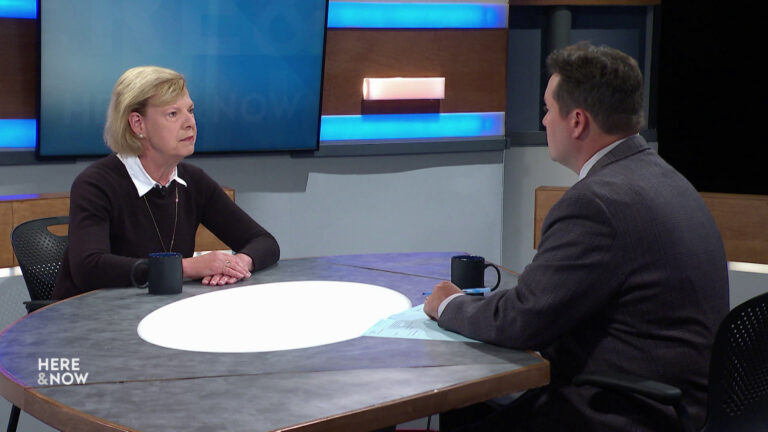


Follow Us